Runners and Sleep: How Much is Enough?
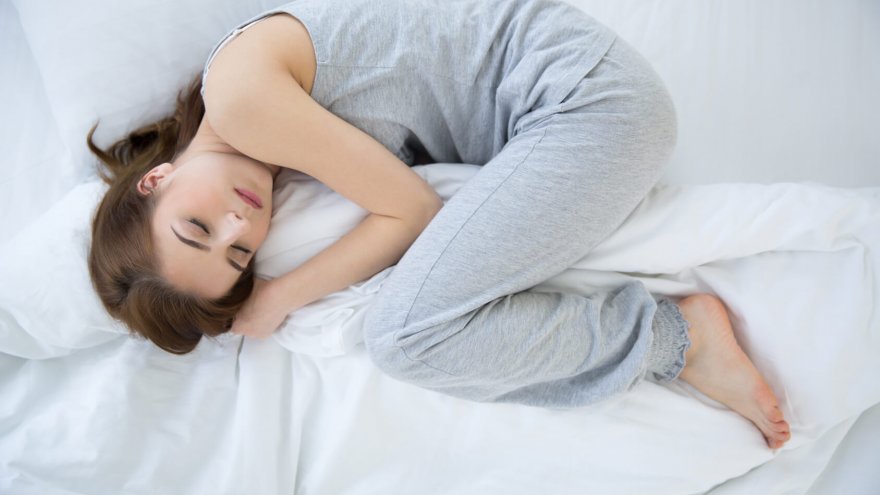
In a culture where workaholism meets extreme athletic endeavors, it sometimes seems that the more extreme the athlete and lifestyle is, the more they are applauded. The lawyer and father of four who wakes up at 3 am to get in their first 20-mile run of the day is a hero to many. Lack of sleep with an ability to thrive in other areas of life is often viewed as strong and sturdy. Even our conceptual definition of “extreme” has evolved from the marathon to the ultra marathon to the multi-day desert or mountain pass crossing event. Documentaries on runners and sleep, such as the Barkley Marathons and Unbreakable (The Western States 100-miler) glorify the rigors of running beyond an athlete’s physiological breaking point. As runners push the limits on their training for bigger, harder, and longer events, how much does sleep plays a role?
An article on runners and sleep that came out in March of 2017 from researchers in Scandinavia has confirmed that insufficient sleep still plagues elite athletes and hinders cognitive and physical aspects of athletic performance and recovery. Researchers found that healthy athletes underestimate the magnitude and impact of their sleep loss. They recommended that athletes improve their sleep environments, come up with strategies to improve their quantity and quality of sleep, and investigate potential causes, including sleep apnea in some cases.
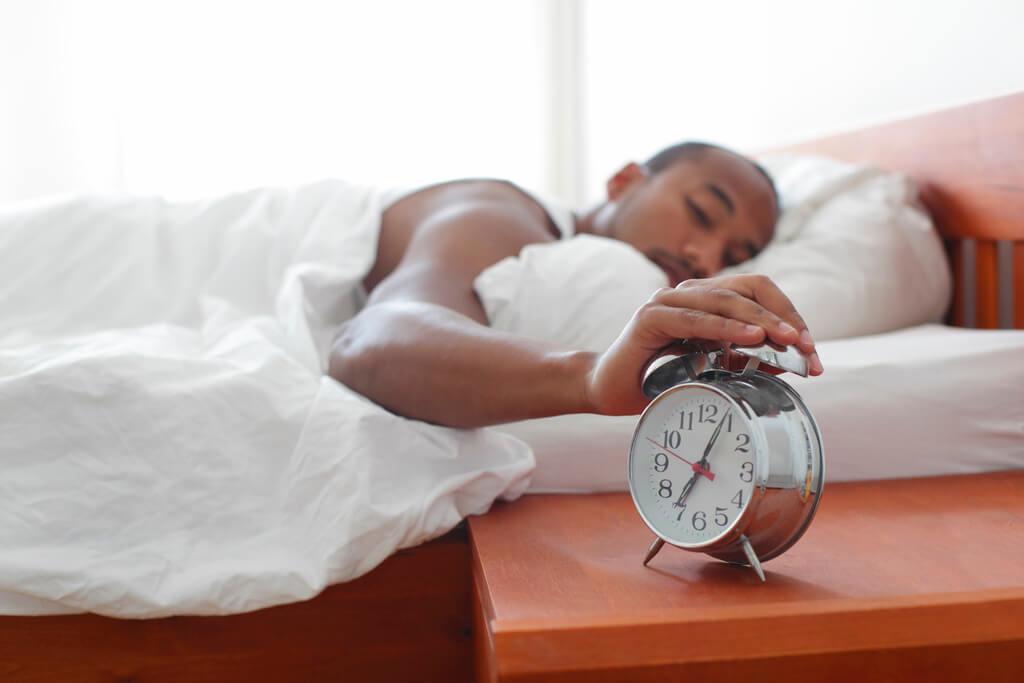
So, why is sleep extra important for runners?
- Sleep is nature’s free and enhanced recovery drink. Numerous biochemical processes are occurring during different phases of sleep that lead to tissue recovery after your workout.
- Sleep is essential for the immune system. When we get run down, we often tend to get sick.
- Poor sleep often leads to poor food and beverage choices. Fatigue and drowsiness have been linked to sugar cravings and excess caffeine intake.
- Sleep is essential for the body’s adaptations to changes like high altitude and extreme temperature differences. Altered blood chemistry, acid-base, and electrolyte balances are determinants of sleep and performance quality in elite distance runners, and these changes most often occur at higher altitudes.
- Lack of sleep is connected to cognitive deficits, such as difficulties with memory and concentration, decision making, and even depression.
- Proper sleep can boost weight loss and metabolism.
- A good night’s sleep may lower your injury risk. If you don’t have enough time for tissue recovery, your tendons, muscles, ligaments, and bones may be more susceptible to exercise stress, which can lead to chronic overuse injuries over time.
- Sleep is essential for hydration and water reabsorption, especially during hotter months. While you sleep, the kidney balances water, sodium, and other electrolytes.
- A hormone called HGH (Human Growth Hormone) is released in the deeper stages of sleep. This hormone plays an essential role in bone health, muscle strength, rebuilding damaged tissue, and converting fat into fuel.
- Sleep helps you exercise, and exercise helps you sleep. Studies have found that people who perform regular moderate-intensity exercise sleep better. Disruption in either routine can be detrimental.
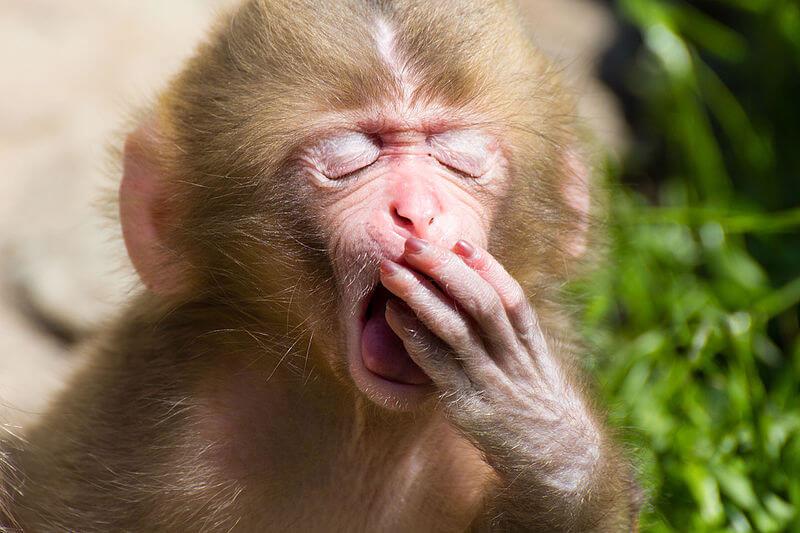
Exactly how much sleep is enough?
More and more elite athletes are openly disclosing that they aim for 9-10 hours of sleep a night. Ryan Hall and Shalane Flanagan are two great examples of athletes who understand the importance of sleep for recovery and as a tool to enhance their running performance. The National Institute of Health recommends 7-8 hours of sleep per night for adults and 9-10 hours a night for teenagers. However, these numbers are for the “average” adult, so if your training is more than the average person who may perform a light exercise a few days a week, it’s recommended that you increase that goal by at least an hour. Runners who are training for a marathon or longer events have an even increased need for adequate sleep.
Now, everyone’s body is different, so experts also recommend that you determine what your body truly needs. One way to do this is to set aside a week of vacation time where you don’t have to set the alarm and log when the body naturally falls asleep and wakes up feeling refreshed. The commercial explosion of devices like watch activity trackers can assist you in looking at your data to determine how much deep sleep you are getting.
While napping seems to help some people feel better, it is not the same as the sleep you get at night in terms of enhancing your recovery process. So, technically, there is no way to “make up for lost sleep” the following day.
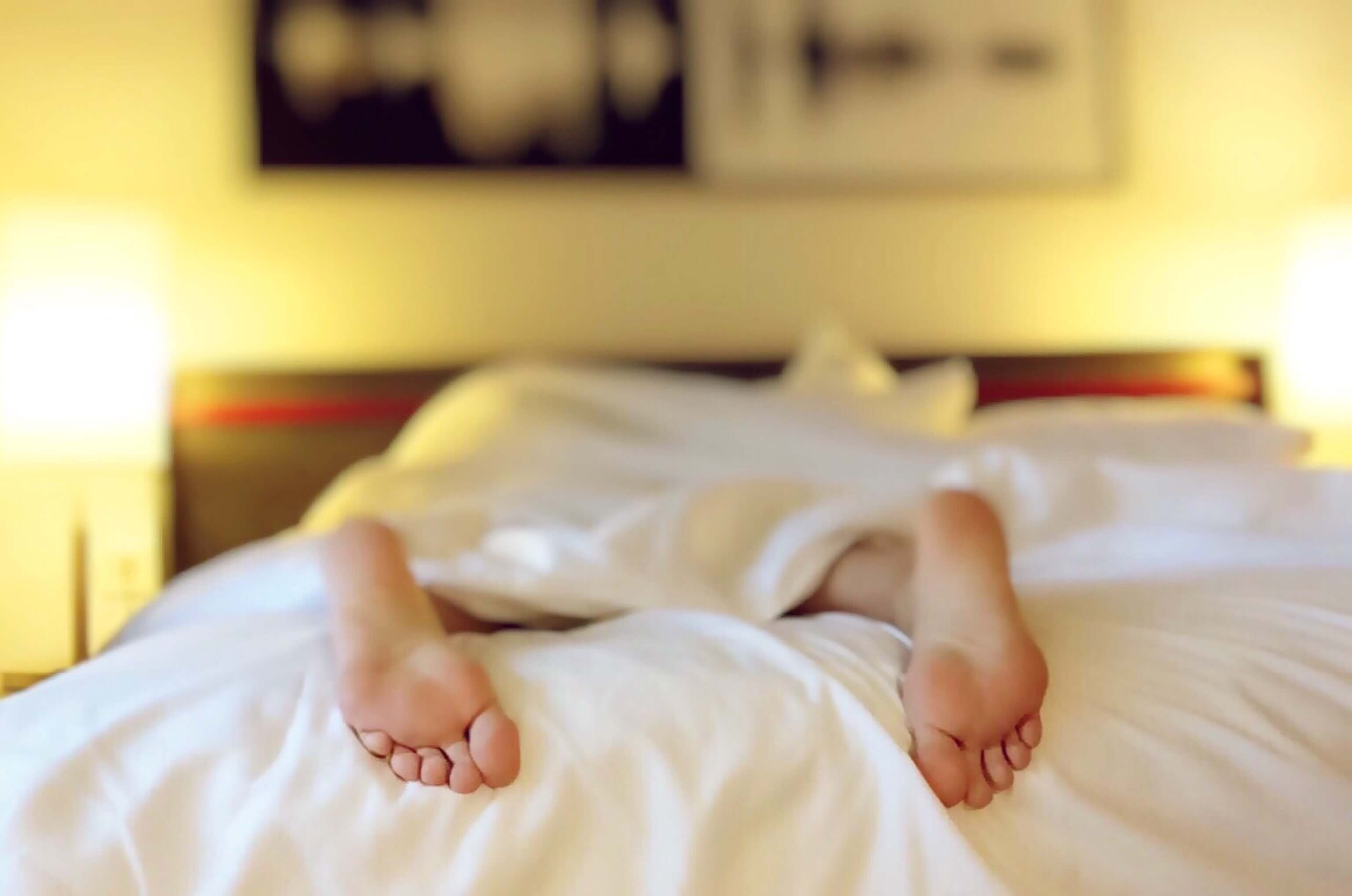
Does the lack of pre-race sleep matter?
Most researchers studying runners and sleep agree that a few restless nights of sleep before race day aren’t mostly influential. Researchers at Rhodes University looked at 8 runners who we put into 2 groups: 8 hours of sleep or 4 hours of sleep. They performed two short (6 minutes) runs on the treadmill the following morning. They found no significant difference between the groups in terms of stride length, cadence, heart rate, energy expenditure, or rating of perceived exertion. Thus, for the shorter races that aren’t a sprint but also aren’t endurance events, lack of sleep the night before doesn’t seem to matter. There is more debate about whether it matters for the fast technical sprints and endurance ultra races, but the consensus is that the adrenaline that the body brings to a race counter-balances the prior night’s sleep deficit.
What about sleep during races?!
During the North Face Ultra-Trail du Mont-Blanc in 2013, researchers studying runners and sleep conducted a study that compared athletes who stopped to sleep mid-race and those who did not sleep. They found that non-sleepers (72% of athletes) completed the race faster than their opponents who stayed for at least one nap on the course. They also noted a statistically significant relationship between faster race times and the runners who included extra sleep time before the race as part of their sleep management strategy. Thus, it appears that previous a nap during a great ultra distance race still leads to improved performance, which is additionally enhanced if one plans for extra sleep before the race.
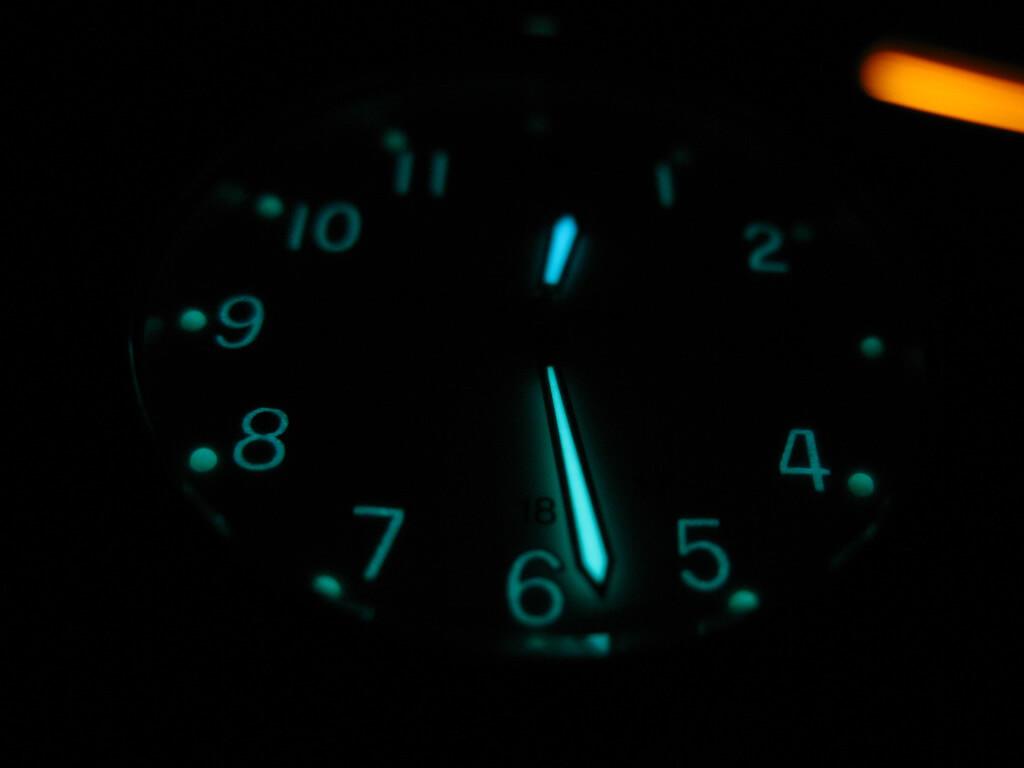
The Insomnia Blues
Does it take you several hours to fall asleep? Experts studying runners and sleep recommend that if you have chronic insomnia, look into potential causes. Sleep apnea, low blood sugar, and high cortisol (stress hormone) and body temperature after runs have all been linked to insomnia. If you’re not already, consider becoming a morning runner, which may help you with blood sugar regulation before bedtime and may lessen your body temperature and cortisol load in the evening hours. Make sure you are getting to bed before 11 pm, as many of the body’s organs cycle through precious periods of rejuvenation between 11 am, and 3 am. Make sure your bedroom environment is free of screens and devices that disrupt the ability to get to sleep. Consider setting a bedtime alarm to remind you to start wrapping up projects, and make sure you’re winding down before bedtime without using your phone, computer or TV for at least one hour before you snooze. Get on a schedule and stay on it. Studies for runners and sleep show that it’s better to keep your wake-up time consistent as opposed to sleeping in on the weekends, which disrupts your sleep cycle. If you have trouble falling asleep at night, consider cutting out naps. And when traveling, give your body time to acclimatize to different environments that alter your quality of sleep (altitude, extreme temperature changes, etc.).
Latest Articles
 Is Running on a Treadmill Easier Than Running Outside?Runners have their own preferences, whether it is treadmill running, running outside on the road, or exploring trails. So...
Is Running on a Treadmill Easier Than Running Outside?Runners have their own preferences, whether it is treadmill running, running outside on the road, or exploring trails. So... Is It OK to Use Trail Running Shoes on the Road?While trail running shoes can be used on roads, especially in situations where a runner encounters mixed terrains or pref...
Is It OK to Use Trail Running Shoes on the Road?While trail running shoes can be used on roads, especially in situations where a runner encounters mixed terrains or pref... How to Fix Sore Quads After Running?Rest, ice, gentle stretching, and over-the-counter pain relievers can help soothe sore quads after running. Also, ensure ...
How to Fix Sore Quads After Running?Rest, ice, gentle stretching, and over-the-counter pain relievers can help soothe sore quads after running. Also, ensure ... 10 Fruits With The Most Electrolytes to Replace Sports DrinksThese fruits are high in electrolytes such as potassium, magnesium, and calcium, essential for hydration, muscle function...
10 Fruits With The Most Electrolytes to Replace Sports DrinksThese fruits are high in electrolytes such as potassium, magnesium, and calcium, essential for hydration, muscle function...

